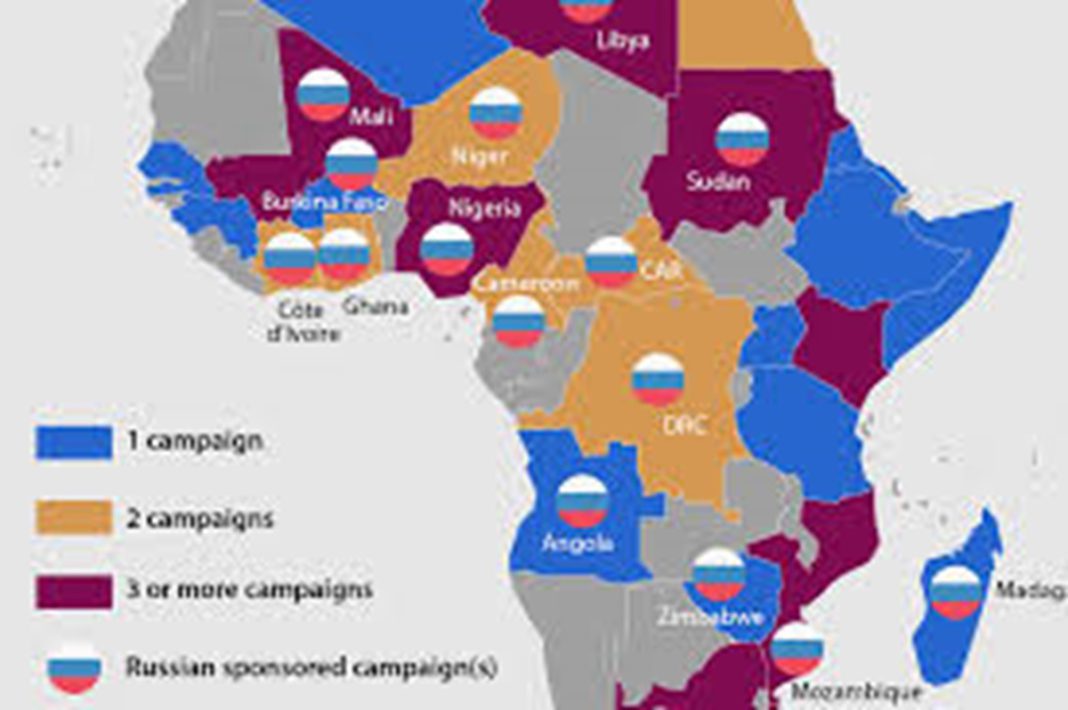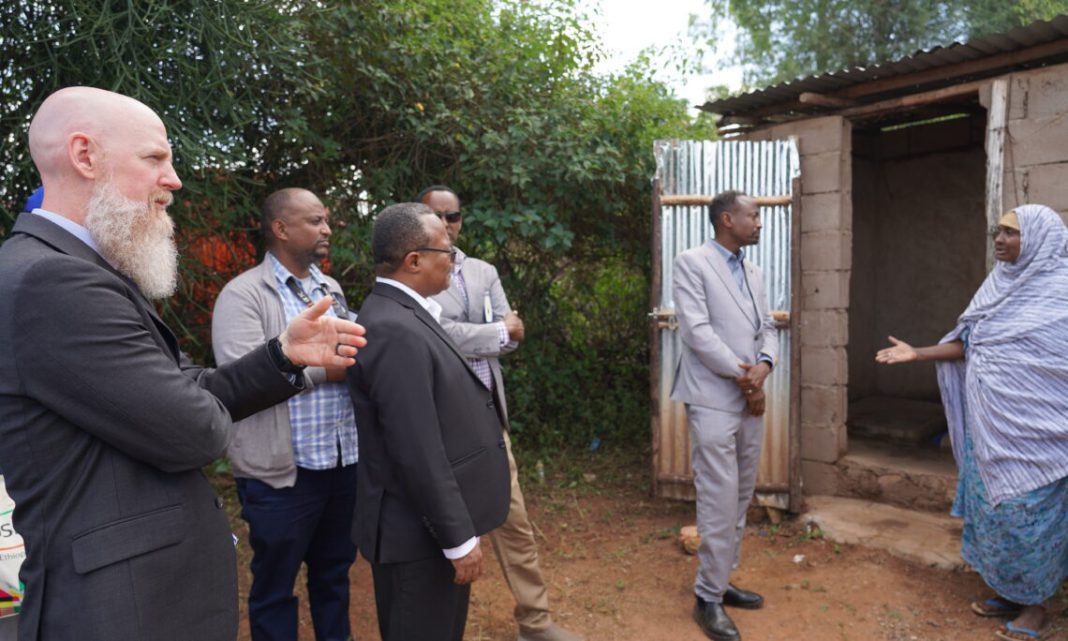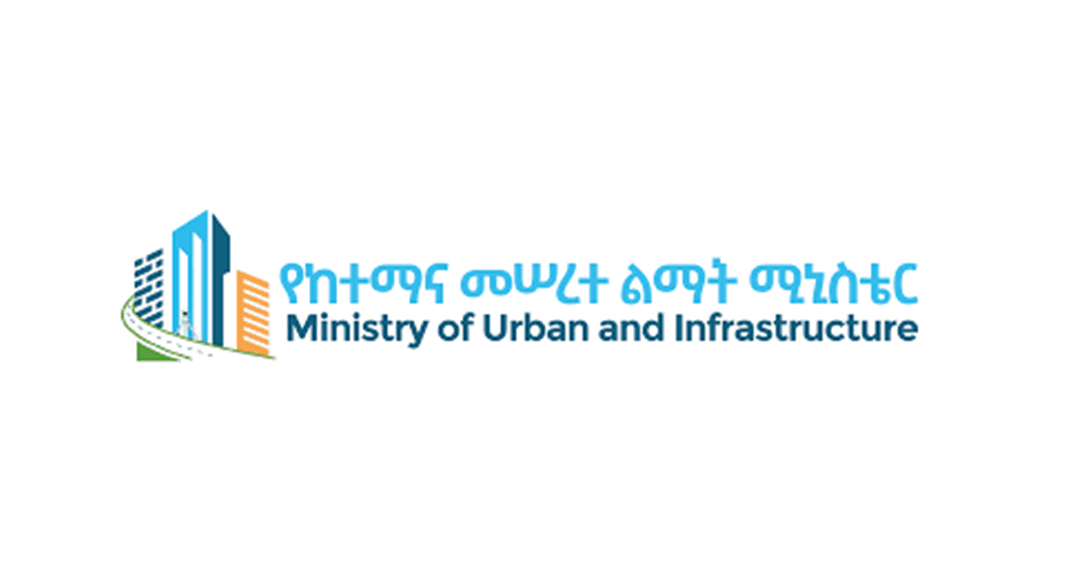Executive Summary
Ethiopian pro-government media overwhelmingly favors coverage of Russia, dedicating 75.7% of their content to the Ethio-Russia relationship, compared to just 24.3% for the UK. Russia’s media influence in Ethiopia is achieved through direct investments, journalist training, and press tours. These efforts shape narratives to reflect Russian interests, particularly in trade, military cooperation, and political relations. In contrast, despite substantial UK support to Ethiopia, media coverage of UK-Ethiopia relations is significantly lower. Russia’s growing influence is linked to shared cultural and religious values, and Russia’s alignment with Ethiopia’s conservative values further strengthens their diplomatic ties.
Introduction
The history of Russia-Ethiopia relations dates back to the late 19th century, with strategic cooperation deepening during the Soviet era. Today, Russia continues to strengthen its ties with Ethiopia, particularly in military, economic, and diplomatic spheres. Media coverage of this relationship varies significantly, with Russian state media and Ethiopian government outlets often reflecting a pro-Russian stance, while Western media outlets tend to be more critical.
Historical Context of Russia-Ethiopia Relations
Russia and Ethiopia’s diplomatic relations began in the late 1800s, initially as a shared interest in opposing European colonialism. The 1970s marked a shift, with Ethiopia becoming one of the USSR’s key allies under the Marxist Derg regime. After the dissolution of the Soviet Union, Russia’s involvement waned but has revived significantly in recent years under President Putin.
Russia’s Media Influence Strategies in Ethiopia
Russia’s influence on Ethiopian media is evident through its media investments, training programs, and press tours for Ethiopian journalists. These initiatives align media narratives with Russian interests. Russia has also fostered closer ties through media partnerships, ensuring its perspectives are widely disseminated. The alignment of Russian and Ethiopian cultural and societal values further strengthens this influence.
Media Coverage of Russia vs. the UK
Ethiopian government-affiliated media covered Russia far more than the UK from June 2023 to June 2024. Of the 115 instances related to Russia, 46 focused on economic ties, 25 on military relations, and 20 on political issues. By comparison, the UK received only 34 instances of coverage, despite its ongoing support to Ethiopia. Notably, Russia’s media presence is stronger in areas like trade, military cooperation, and political diplomacy.
Economic and Military Cooperation Between Russia and Ethiopia
Bilateral trade between Russia and Ethiopia has surged, with agreements signed during the Russia-Africa Summits. Key developments include the establishment of a Joint Biological Research Center. In military cooperation, Russia remains a major arms supplier to Ethiopia, contributing to military modernization efforts despite concerns over transparency.
Cultural and Political Relations
Russia has consistently supported Ethiopia’s government, including its stance on the Tigray conflict. This political alignment is supported by Ethiopia’s shared Orthodox Christian heritage with Russia. In contrast, the UK’s criticism of human rights and democratic issues in Ethiopia has strained relations, influencing the media’s portrayal of both countries.
Implications for Ethiopian Media
The growing Russian influence on Ethiopian media raises concerns about media independence and diversity of voices. The pro-Russian bias may harm public opinion and stifle critical discourse. The increasing reliance on Russia for media support could also make Ethiopia more susceptible to external influence, undermining its sovereignty and democratic processes.
Conclusion
Ethiopian media coverage is heavily skewed toward Russia, reflecting the strong diplomatic, military, and cultural ties between the two nations. The UK, despite offering significant humanitarian aid, receives much less media attention. This imbalance in coverage raises important questions about the role of media in shaping public opinion and the risks to media independence in Ethiopia. As Russia’s influence continues to grow, Ethiopia may face challenges in maintaining a diverse and objective media landscape.





